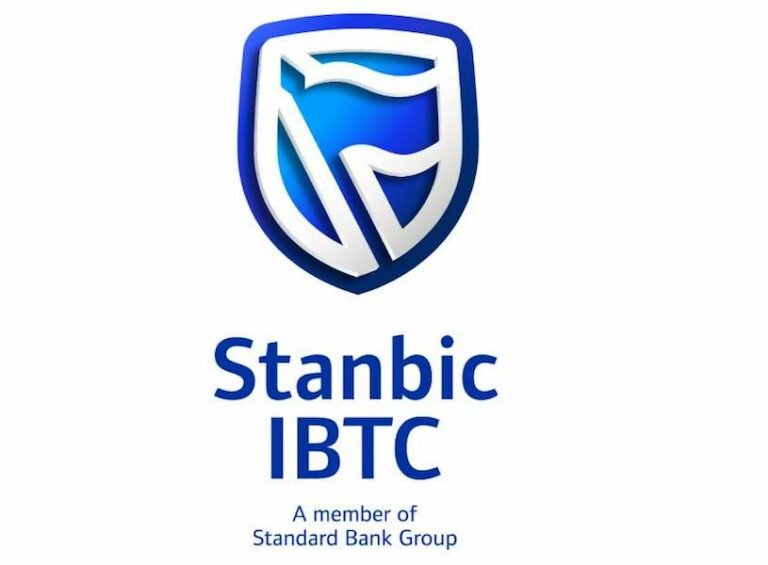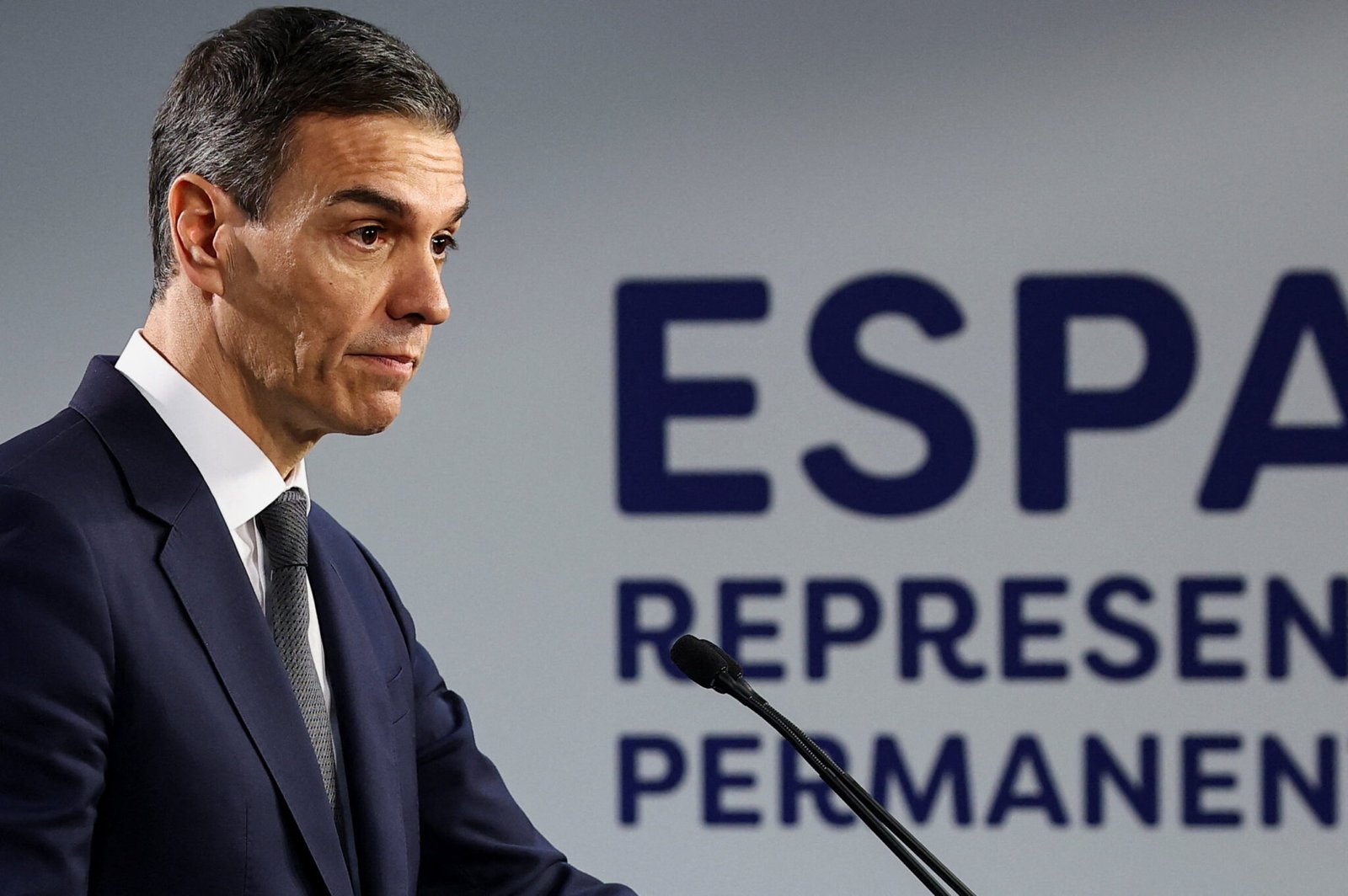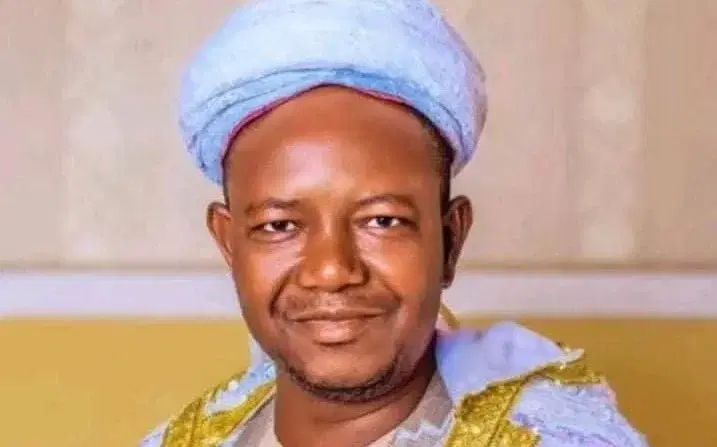Every year on May 30th, Biafra Day is observed to commemorate the declaration of the independent state of Biafra in 1967. This day holds profound significance for the Indigenous People of Biafra (IPOB) and other pro-Biafra groups, as they remember the lives lost during the Nigerian Civil War and continue their push for independence from Nigeria.
The streets and markets across the Southeast region of Nigeria were eerily empty this year as residents adhered to the sit-at-home order called by IPOB. The widespread compliance was evident as shops, markets, and both public and private offices remained closed, halting economic activities in states such as Imo, Enugu, and Abia.
IPOB also issued a warning to institutions like the West African Examinations Council (WAEC) against conducting examinations in the Southeast on May 30th. This warning underscored the significance of the day and the determination of IPOB to ensure it was observed without interruption.
In anticipation of potential unrest, security operatives were deployed across various cities to safeguard lives and property. In Anambra State, the police command stationed officers at key institutions in preparation for the sit-at-home order. Similarly, the Imo State Police headquarters took preventive measures to ensure peace and security.
Interestingly, the Abia State government adopted a different approach. Instead of confronting those observing the sit-at-home order, they focused on maintaining peace and security throughout the state. This approach helped in mitigating potential conflicts and ensuring a peaceful commemoration.
Political leaders also weighed in on the significance of Biafra Day. Former governor Okezie Ikpeazu and Governor Alex Otti of Abia State called for unity and peaceful coexistence among Nigerians. Otti emphasised that Biafra Day should not be politicised but rather be a day for reflection and remembrance. He highlighted the importance of understanding the historical context and the sacrifices made by those who fought for Biafra.
For the Igbo people and other pro-Biafra groups, Biafra Day is more than just a remembrance of past struggles. It is a day of hope, resilience, and a continued push for a better future. The day serves as a reminder of their ancestors’ fight for independence and self-determination, and it reinforces their commitment to these ideals.
The Nigerian Civil War, which lasted from 1967 to 1970, was a devastating conflict that resulted in significant loss of life and property. The war was sparked by the secession of the southeastern provinces of Nigeria, which declared themselves the Republic of Biafra. The conflict was marked by severe humanitarian crises, including widespread famine and suffering, particularly in the Biafran region.
Despite the war ending over 50 years ago, the issues that led to the conflict remain unresolved. The call for Biafra’s independence continues to resonate among many in the Southeast, driven by perceptions of marginalisation and inequality within Nigeria. Biafra Day thus symbolises both a reflection on these unresolved issues and a continued demand for justice and equity.
This year’s commemoration of Biafra Day was marked by unity and solidarity among pro-Biafra groups. The observance demonstrated a collective commitment to the cause of independence and self-determination. The peaceful nature of the sit-at-home order and the widespread adherence to it highlighted the significant support for the movement within the region.
As the Igbo people and other pro-Biafra groups continue to advocate for their rights and a fairer share of Nigeria’s political and economic landscape, the importance of Biafra Day is likely to grow. The day serves as a powerful reminder of their history and a beacon of hope for their aspirations.


























